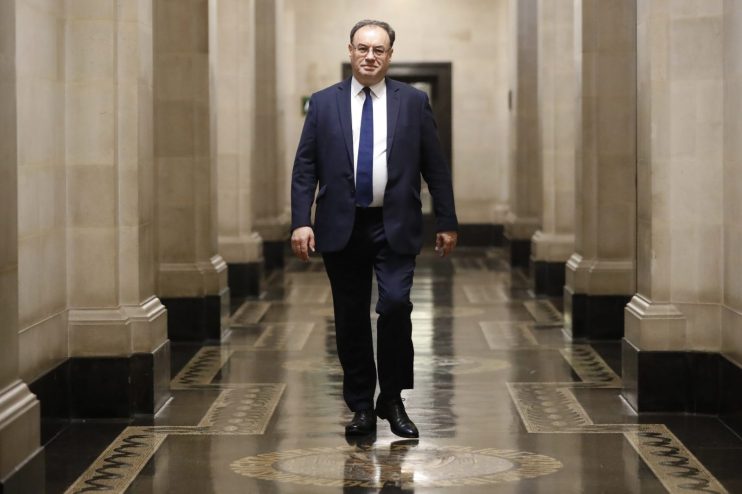Brexit news could change outcome of BoE’s December meeting, says Bailey

Developments in the ongoing trade talks between the UK and EU could affect the chance of the Bank of England’s monetary policy committee (MPC) taking action at its December meeting, governor Andrew Bailey said.
Asked if Brexit developments could make the MPC’s next meeting “live”, Bailey said: “I’m sure we will have more information, so in one sense yes”.
The central banker added that there have previously been substantial delays to expected progress on Brexit, telling a conference organised by the Financial Times: “the only problem with what you’re saying is there were people who were saying of course we were expecting to know by now and we don’t”.
It emerged earlier this week that the UK and EU are on course to miss this week’s deadline to strike a trade deal ahead of Britain’s post-Brexit transition period comes to an end on 31 December.
Bailey also said that news of a possible effective vaccine for Covid-19 was “encouraging” and would help relieve economic uncertainty, but cautioned there was still some way to go in clinical trials.
Before the Open newsletter: Start your day with the City View podcast and key market data
“It’s obviously encouraging us. I mean it’s encouraging for individuals, it’s encouraging for businesses and it’s encouraging for the economy,” he said.
“I think we have to be cautious because obviously there’s still quite a way to go in terms of the trialing,” the central banker added.
Bailey told the conference that the BoE does not have an exact date in mind for when it would be operationally ready to introduce negative interest rates.
“There’s a great deal of work we have to do” before deciding whether rates could be taken below zero, he said.
The BoE is currently reviewing the case for taking negative rates for the first time in its history, and has asked British banks about their readiness for such a policy change.
MPC member Silvana Tenreyro said yesterday there was “positive evidence” that negative rates could help banks and the wider economy recover from the downturn caused by the pandemic.
Tenreyro told the Yorkshire Post that negative rates had “worked fairly well” in Europe, adding: “It led to lower lending rates and increases in lending; and banks’ profitability actually increased”.